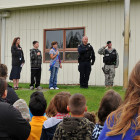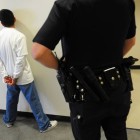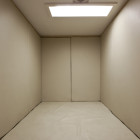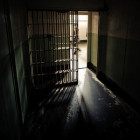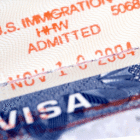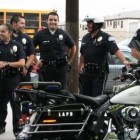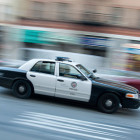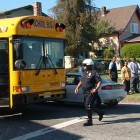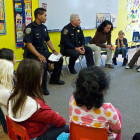
Criminologists’ Critique Questions NRA Task Force School Safety Strategy
|
Journal article calls gun lobby plan 'superficially simple'
Originally published at The Center for Public Integrity
Two professors at Marshall University in West Virginia who are studying incarcerated school shooters and one professor at The Citadel, South Carolina’s military school, published their jointly written critique this month in the American Journal of Criminal Justice. The criminologists began their review last December after the NRA announced its “National School Shield” project in response to a gunman’s massacre of 20 first-graders and six educators in a Newtown, Conn. school. The NRA’s initial thrust was to urge schools to hire more police, but also persuade states to allow teachers or other willing staff or volunteers to carry arms. The NRA said it would provide training. In addition, the firearms association formed a task force to study schools’ vulnerabilities and make suggestions.
